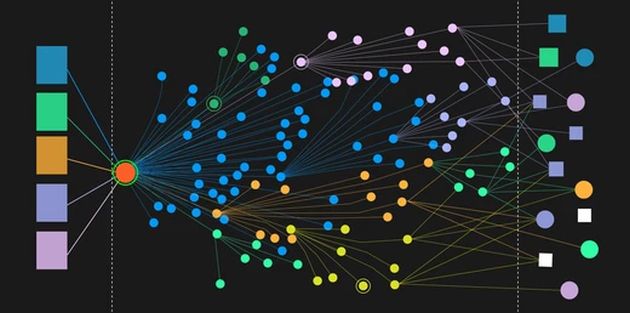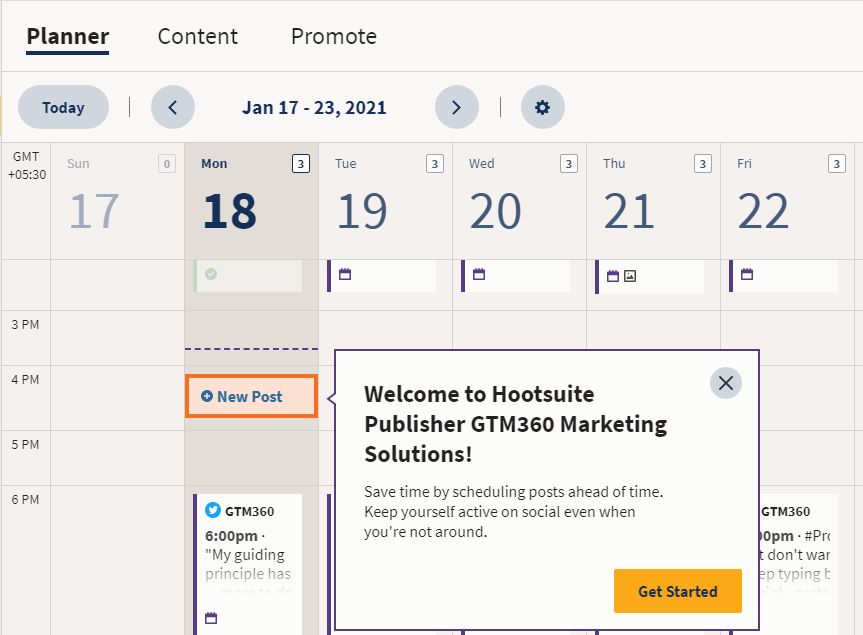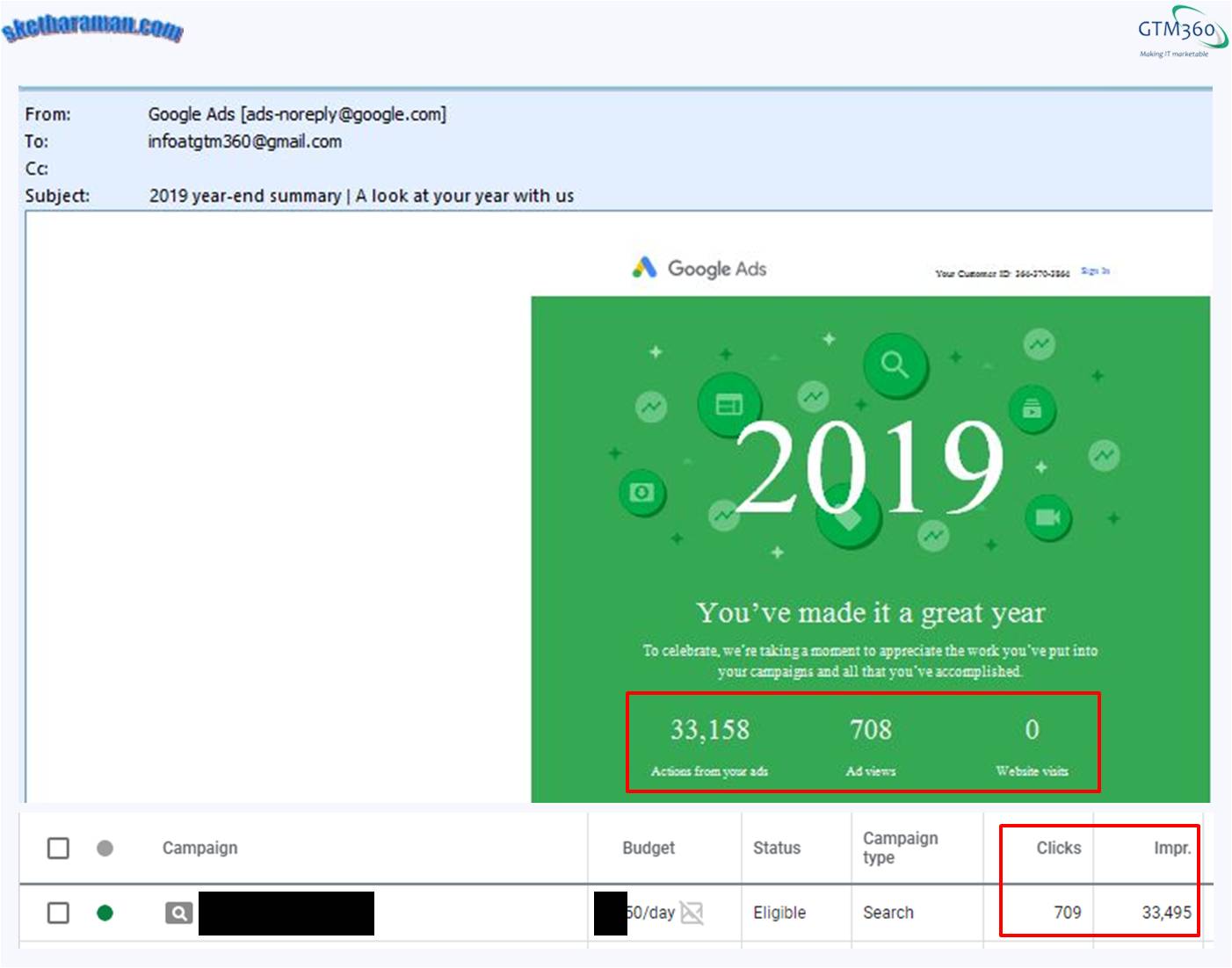In Are Digital Natives Losing Their Data Chops?, we saw six examples of digital natives showing signs of losing their data chops.
The litany of such new age tech companies seems to be never-ending.
In this post, I will cover eight more examples.
#7. BREADCRUMBS
 The SDR from this San Francisco-based lead scoring startup fixed up a Google Hangout session with me for 7:30PM IST one day last week.
The SDR from this San Francisco-based lead scoring startup fixed up a Google Hangout session with me for 7:30PM IST one day last week.
I received an email from this SDR on the morning of that day saying I have missed this meeting. I replied back pointing out that the scheduled time was several hours away, so there was no question of me missing the meeting. He apologized profusely saying there was a bug in his auto scheduling software. We went ahead with the meeting as scheduled.
I thought that was the end of it.
Nope!
Four days later, I got another “we missed the meeting, click here to reshedule” email from this company!
#8. AMAZON BUSINESS
Literally years after I signed up for Amazon Business and placed 100+ orders, I got a welcome kit with cashback for my first order.
Enough said!
#9. HOOTSUITE SCHEDULED POST
As I highlighted in Six Best Practices To Convert Freemium To Premium – Part 1, Scheduled Post was the killer feature that made me switch to Hootsuite from its competitors. Ever since I started using Hootsuite over five years ago, I must have scheduled thousands of posts. Obviously, Hootsuite knows about this since all my scheduled posts are saved on its Publisher section before they go live.
So you can imagine my shock when I recently received a notif from Hootsuite introducing this feature and offering to walk me through it!
#10. CREDIT CARD REWARD REDEMPTION
I read the following post on Twitter recently:
@berkun: Example wanted: a website or product that has a bad core UX probably due to teams or organizations not talking to each other.
This gave me a good opportunity to shamelessly plug one of my most favorite examples in this category:
Login to Bank Website. Click Credit Card > Redeem Rewards.
Go to Reward Redemption website. Login again.
Because the two systems do not share credentials with each other.
But any bank worth its salt will justify this lacuna with some harebrained reason around security.
Quora told me that I received a total of 24,000 Upvotes in the year and that my most upvoted answer of the year had received 6 Upvotes.
A simple back-of-the-envelope calculation would’ve shown that that’s only possible if I wrote more than 4,000 Answers (being 24000/6).
Quora knew I didn’t do anything like that since it reported that number in another email: 220.
Assuming that all but my best-performing answer had received as many as 5 Upvotes, the total number of Upvotes would have been 1101 (being 1*6 + 219*5), which is well short of 24K reported by Quora.
#12. QUORA (ENCORE!)
In the same email, Quora informed me that my answers received 69 Shares and 7 Shares!
#13. GOOGLE ADS
I received an email from Google Ads telling me that my campaigns for the year got zero website visitors.
However, when I logged into my Google Ads dashboard, I noticed that my campaigns for the same year got 709 clicks. Since every guy who clicks my ads lands up on my website, this means I got 709 website visitors during the year.
The zero figure reported in the email was evidently wrong. (I independently know this to be true from the reports of StatCounter.com, another website analytics tool I use, which does not source its data from Google.)
#14. GYANA
The SDR of this London-based Business Intelligence software company fixed up a Zoom call with me for 7:30PM IST on a certain day in the recent past. A couple of hours before the meeting, I got a “long time no see” email from her!
While we’ve seen all sorts of digital natives losing their data chops, I can’t remember the last time that a data-focused digital native managed to achieve that distinction.
Tch tch…
Upon closer examination of the Google Ads example, I noticed the following:
- The email reported 708 Ad Views
- The dashboard reported 709 Clicks.
 This is too close for comfort. Since I’m not a big believer of coincidences, I’m jumping to the conclusion that the website visitors data got mixed up between these two other variables across the email and dashboard channels.
This is too close for comfort. Since I’m not a big believer of coincidences, I’m jumping to the conclusion that the website visitors data got mixed up between these two other variables across the email and dashboard channels.
In all the other cases, the root cause for the data gaffes is probably the same as the one that I’d speculated in the previous post: Point systems / granular microservices across different communications channels not talking to one another.
As we can see from the Gyana example, this can happen even to digital natives specializing in data and analytics.
Most of these gaffes are minor. Ergo, they’re brushed off by many companies. Besides, they tend to happen with existing customers and, whether they admit it or not, most companies take their existing customers for granted.
However, in the Breadcrumbs and Gyana examples, these gaffes happened at critical stages of sales interactions with prospective customers. In such situations, poor data hygiene and / or communications snafus can result in loss of business. Therefore, it’s imperative for businesses to fix their data and communications-related problems on a war footing.
UPDATE: The day this post went live, I received an email from the founder of Gyana saying the startup has shut down. Quite sad:(. When it comes to prospect-facing situations, seems like even the slightest of data gaffes could prove lethal.
Seems like harmonization of data across different systems in an enterprise is a big opportunity for workflow management software like ServiceNow and / or integration services providers like some of my ex-employers.
This is not a new opportunity.
But, with all the hype around digital natives being data savvy and all that, I’m surprised that the old 20th century “single source of truth” meme is still a thing in 2022!





